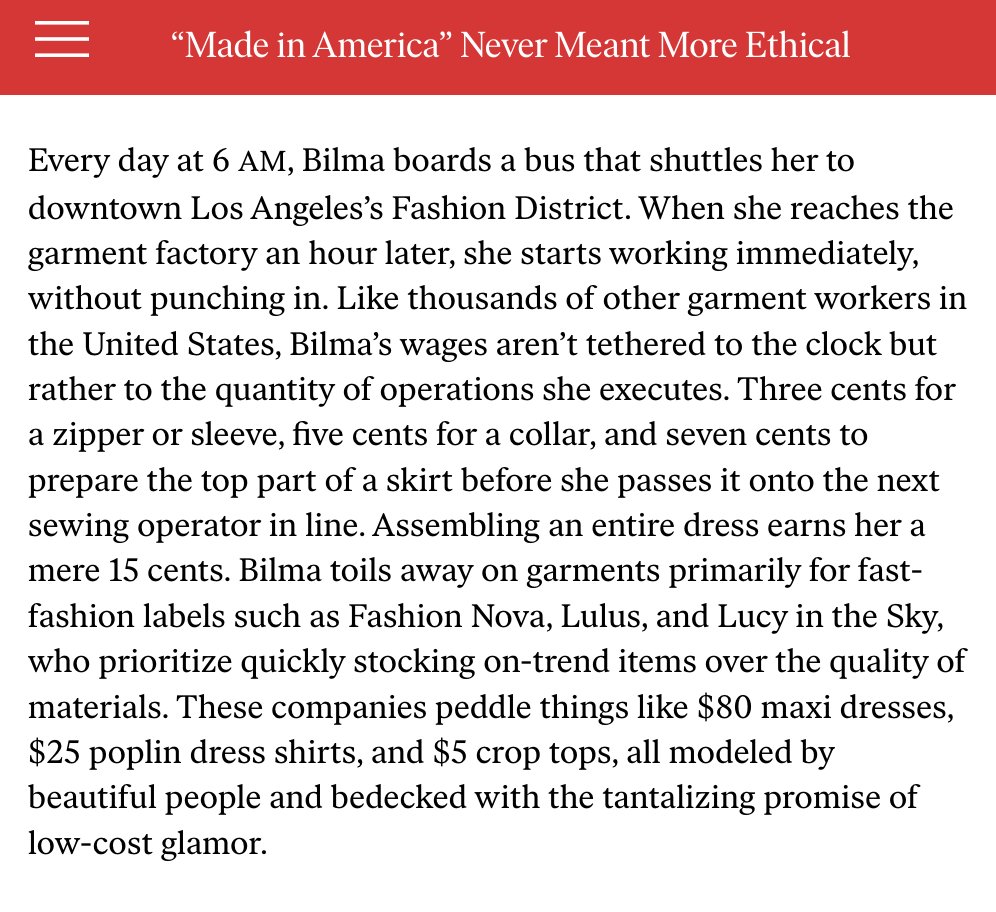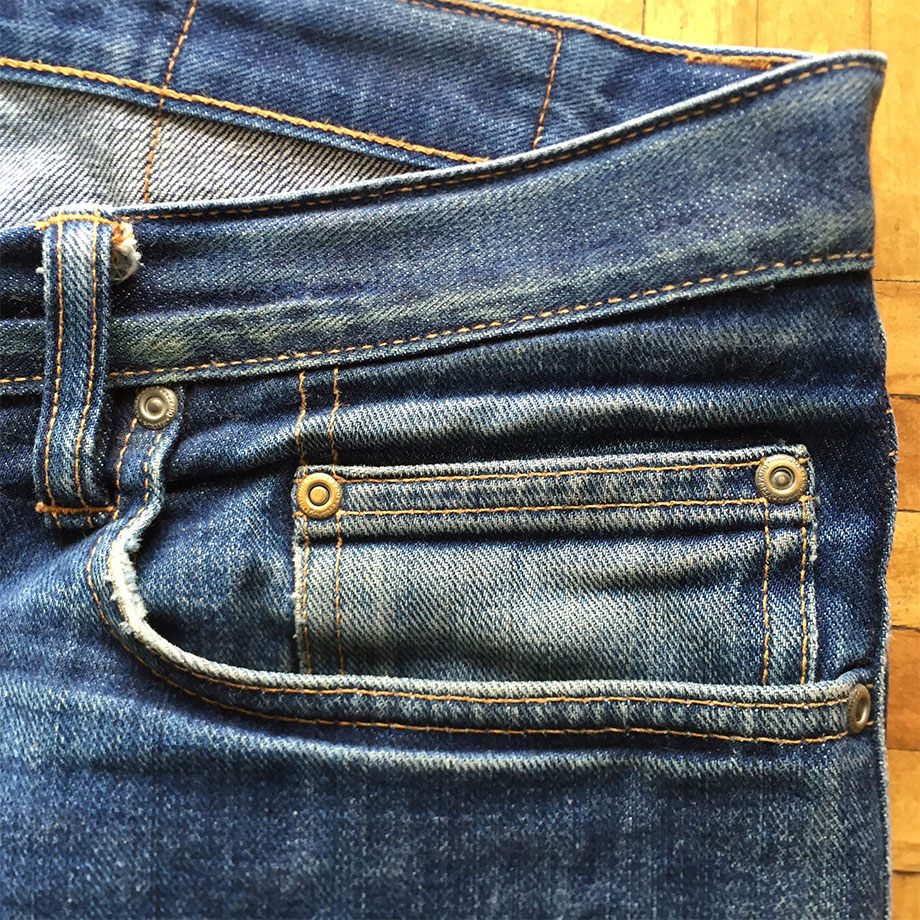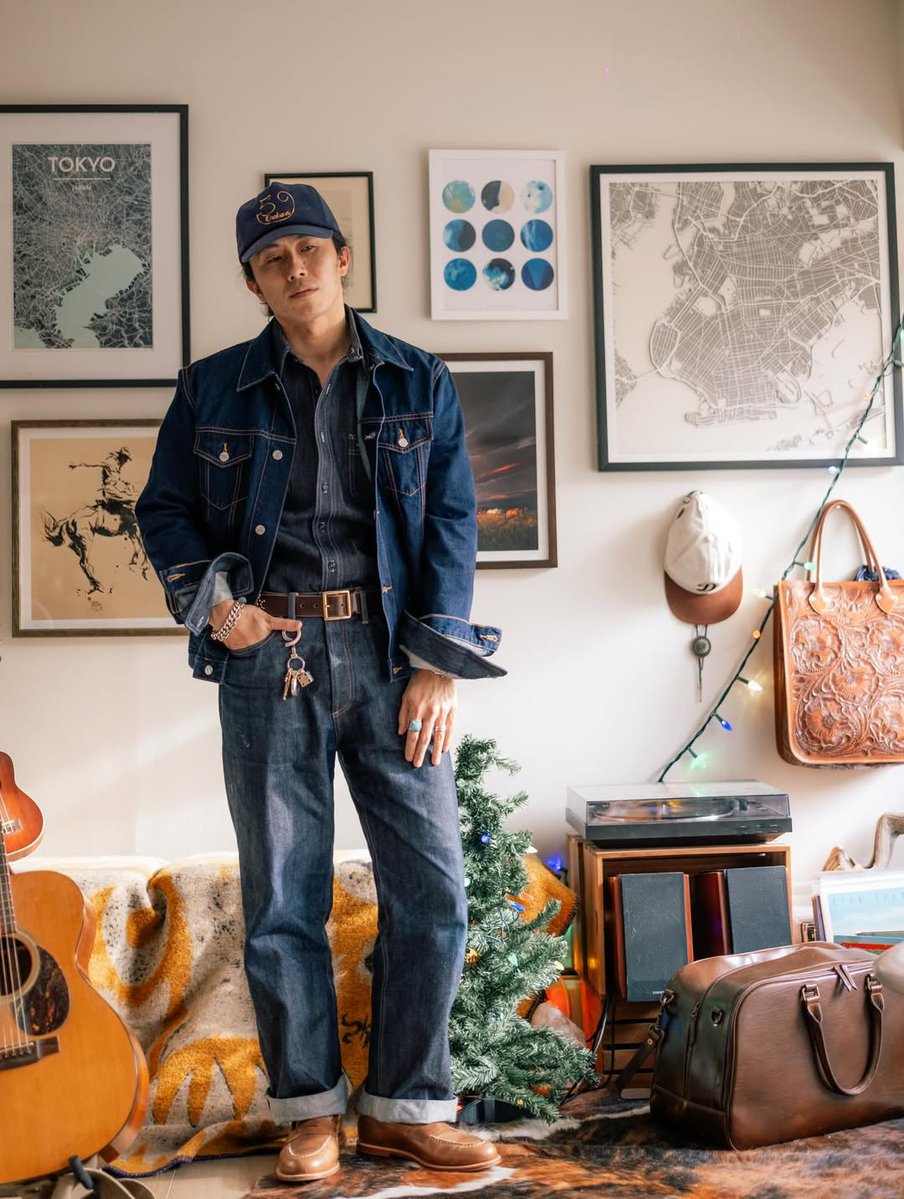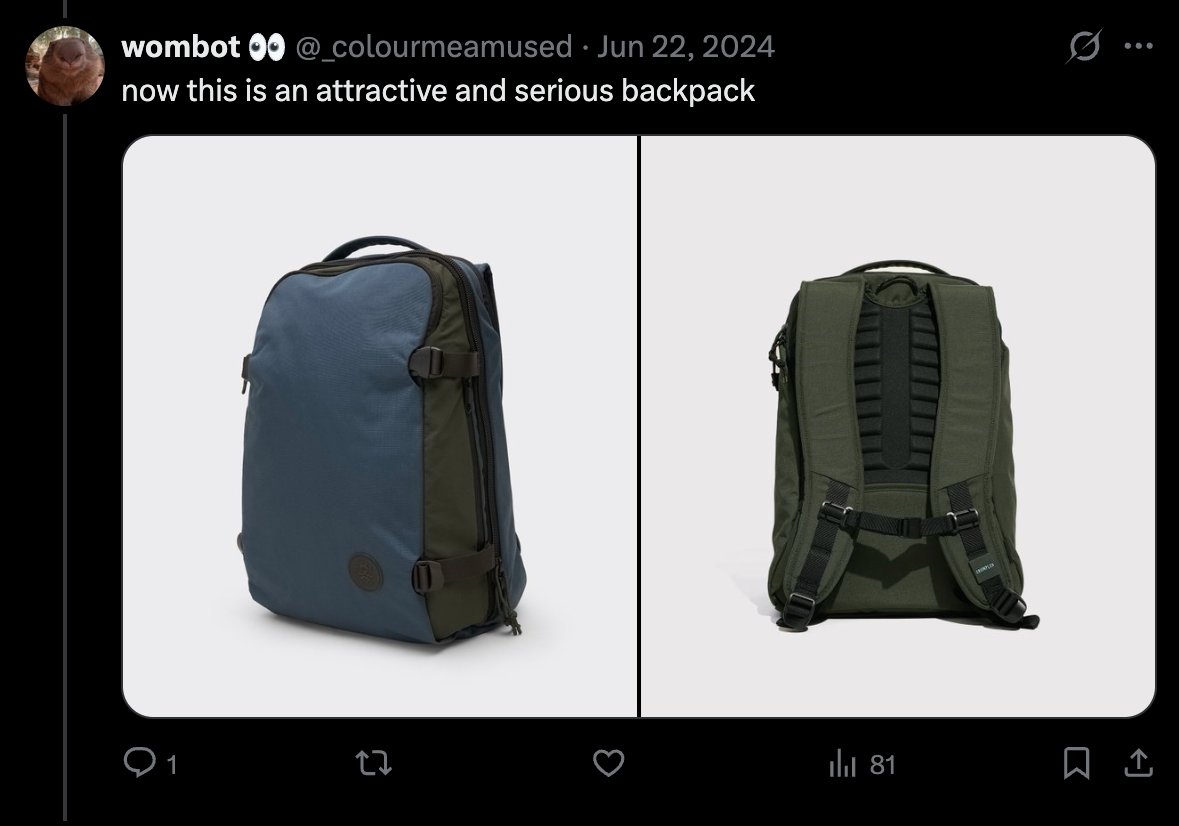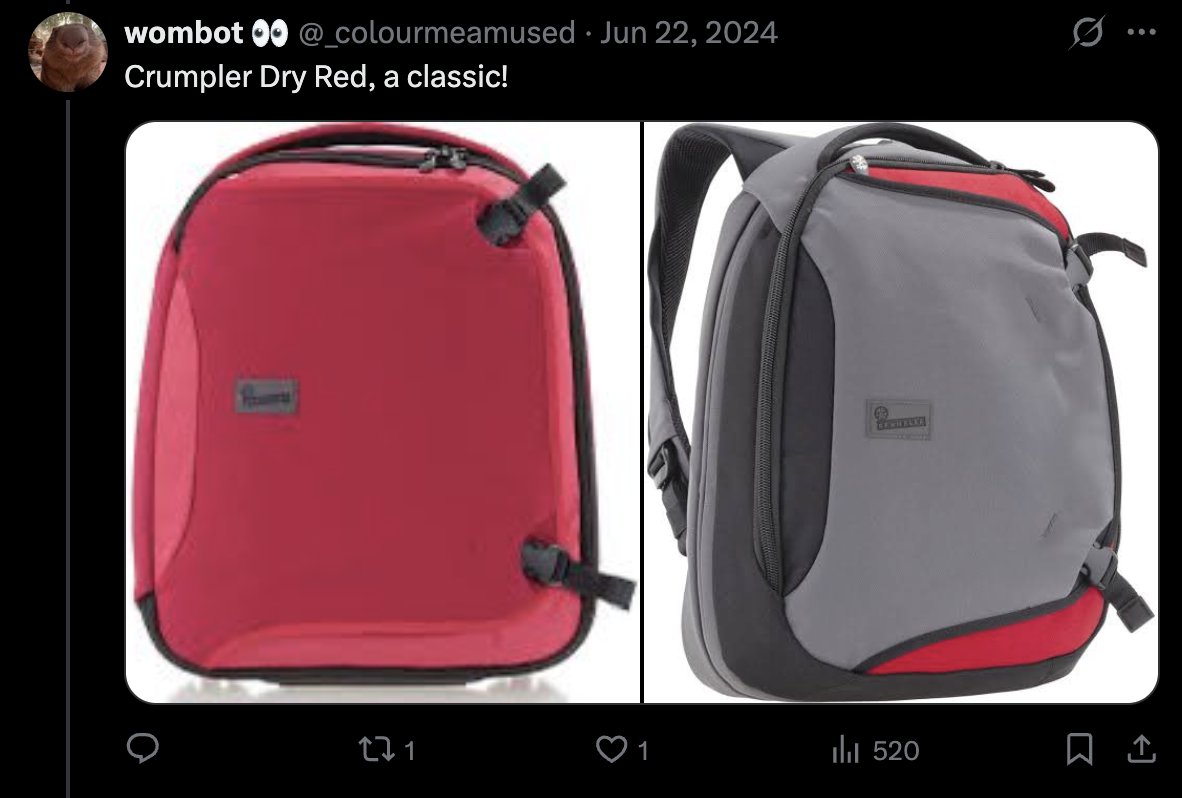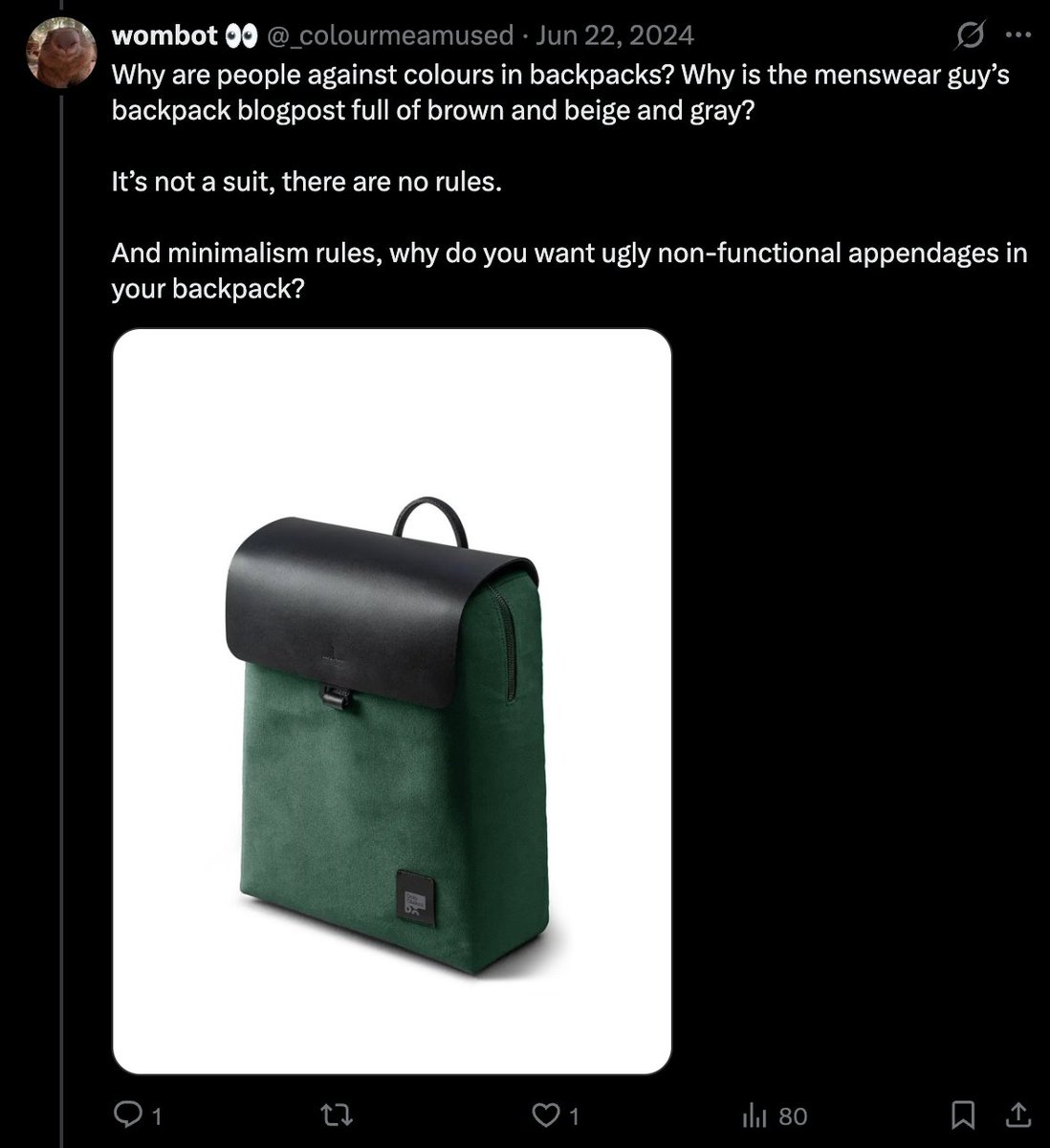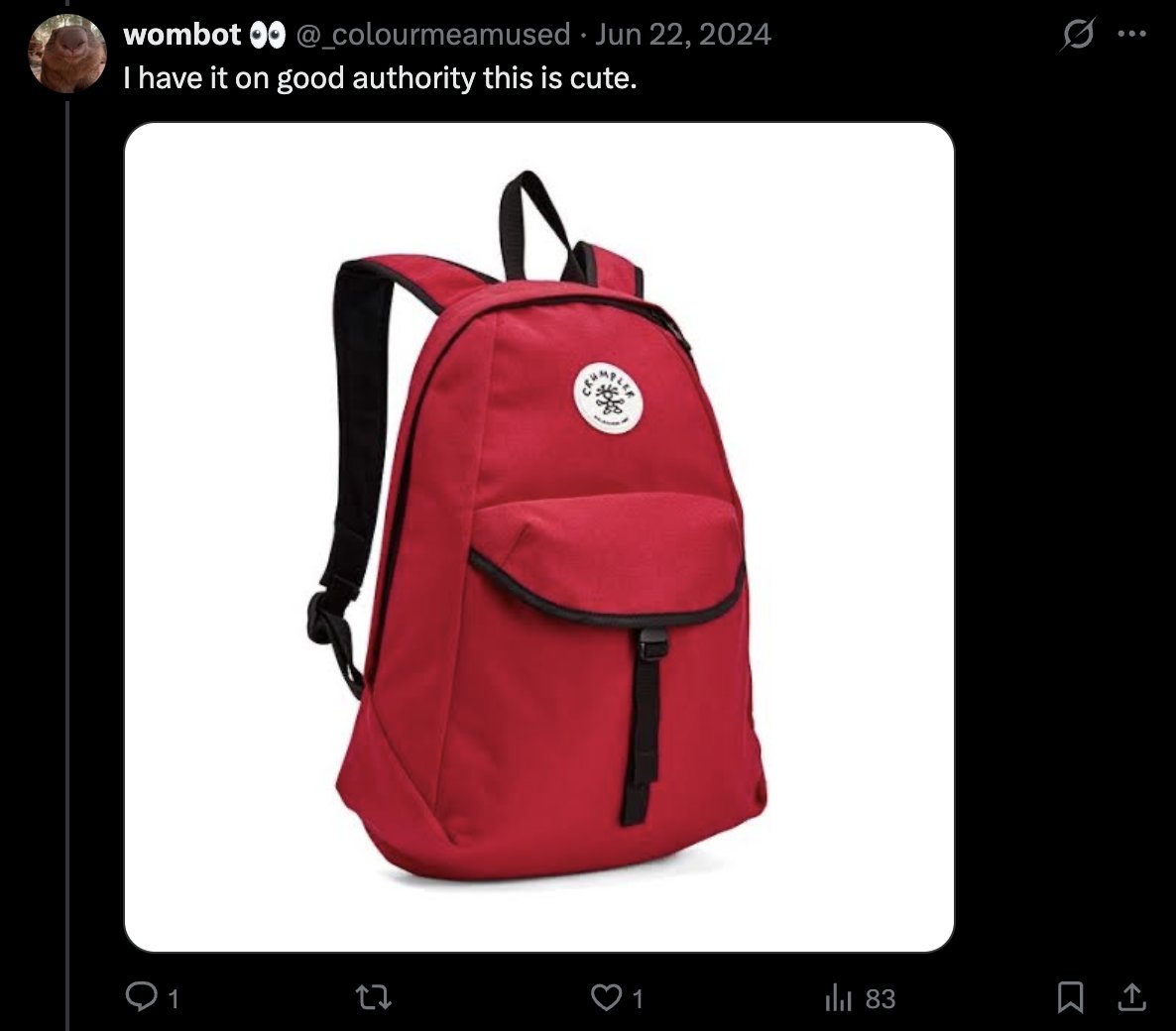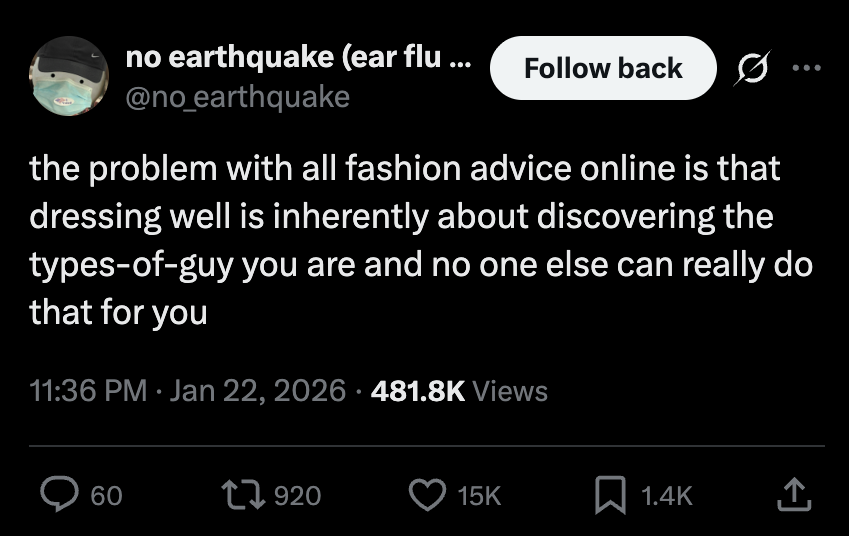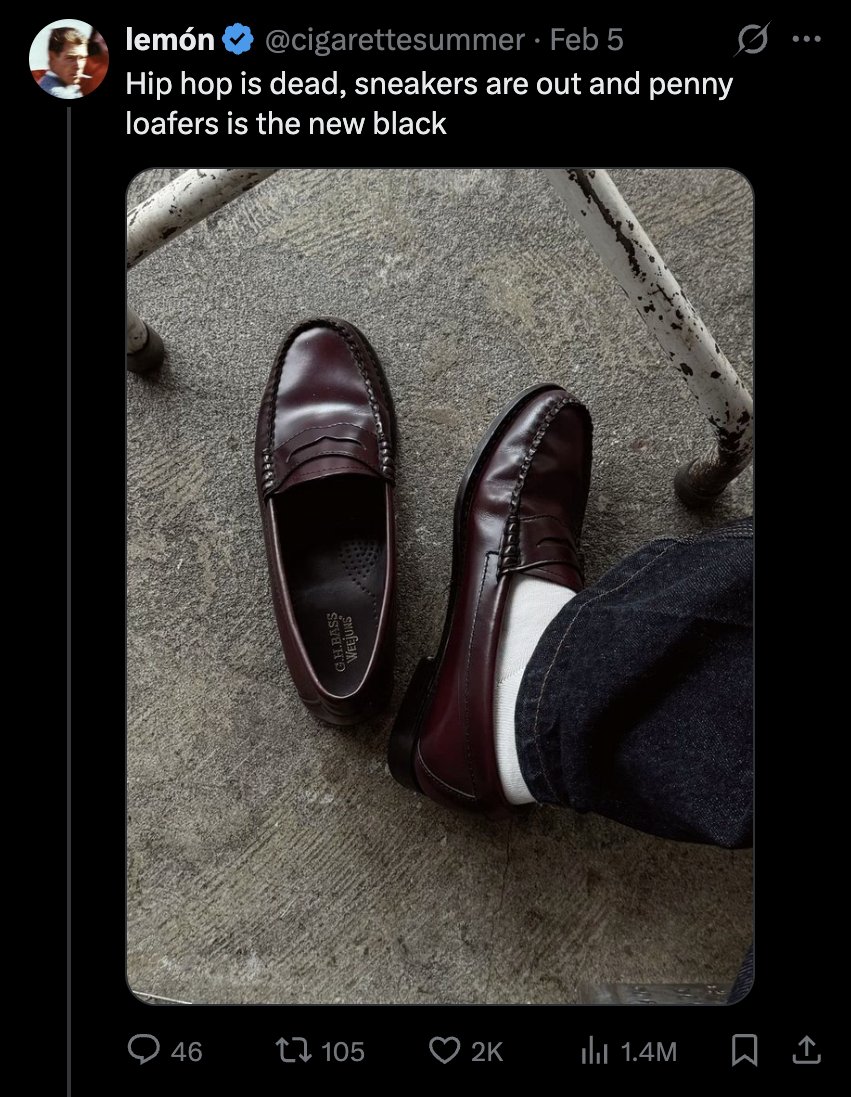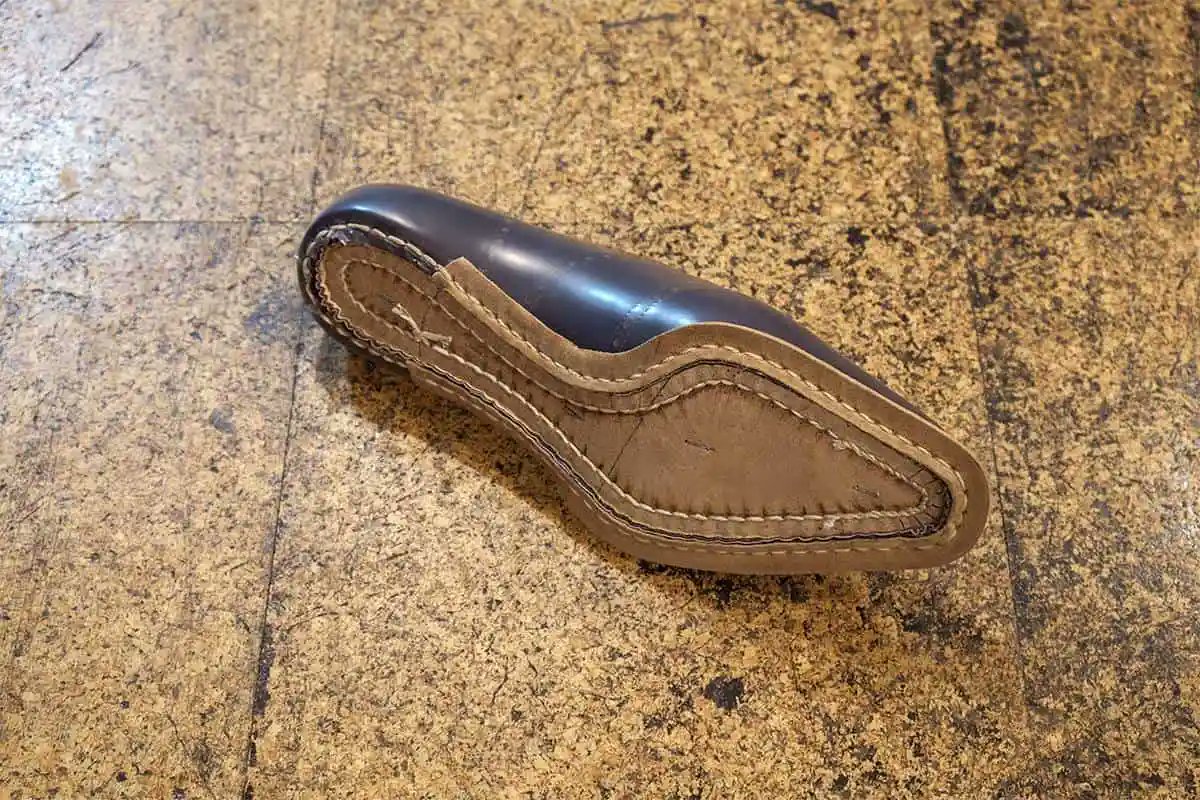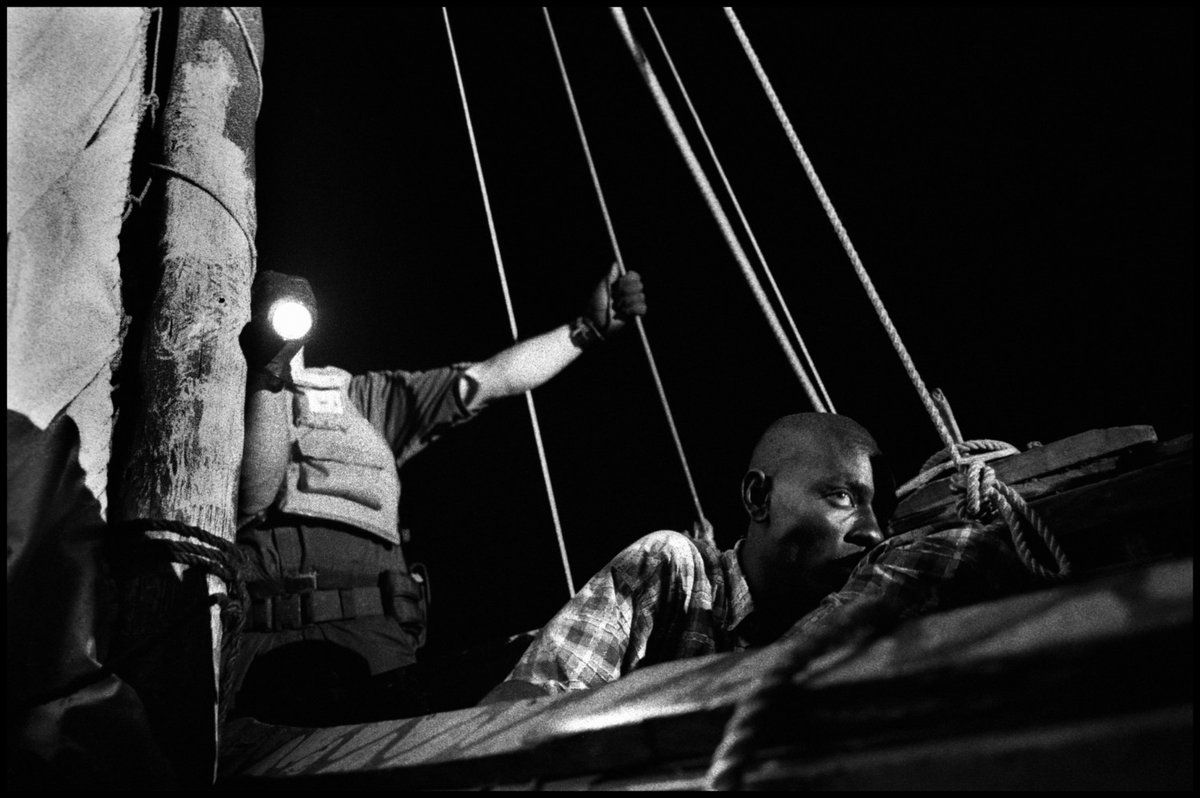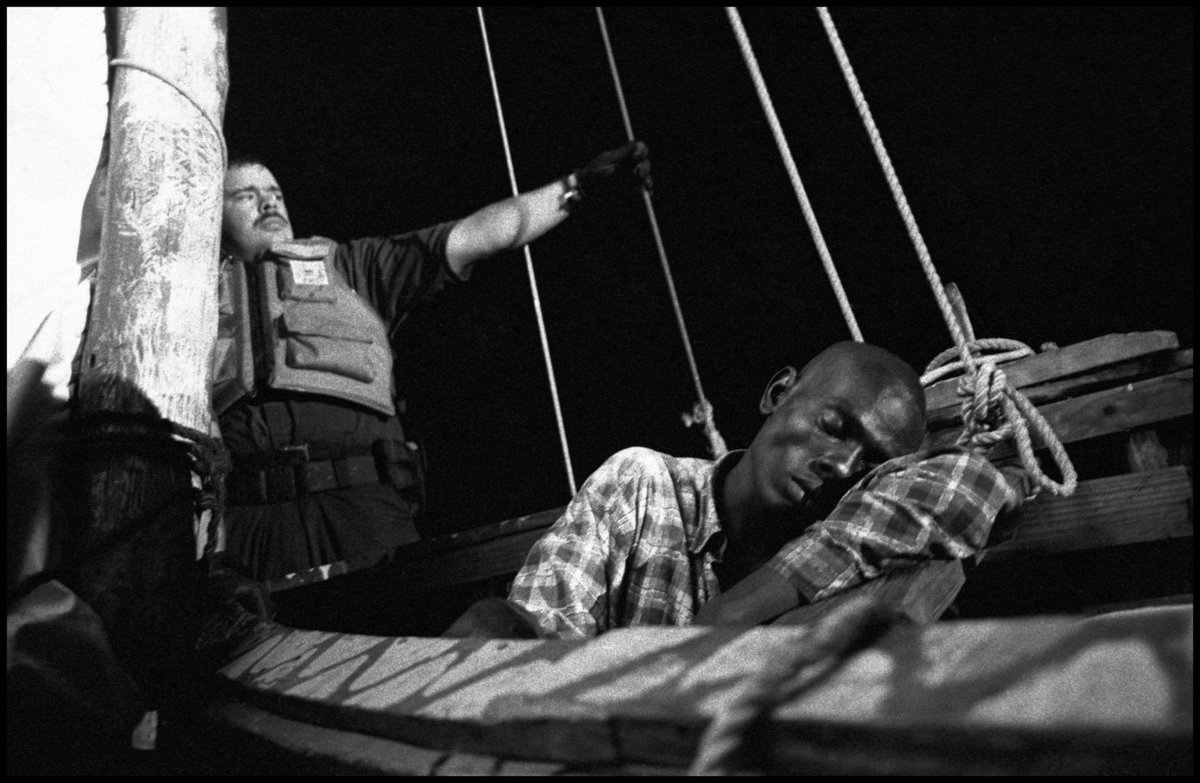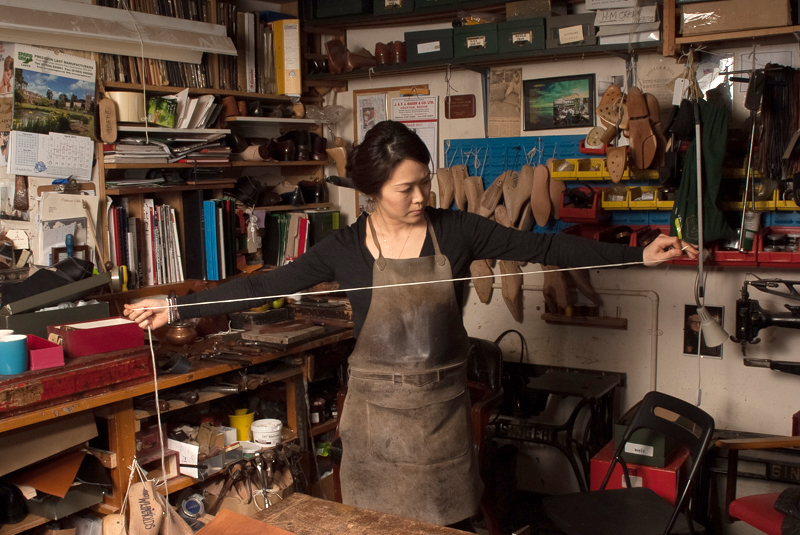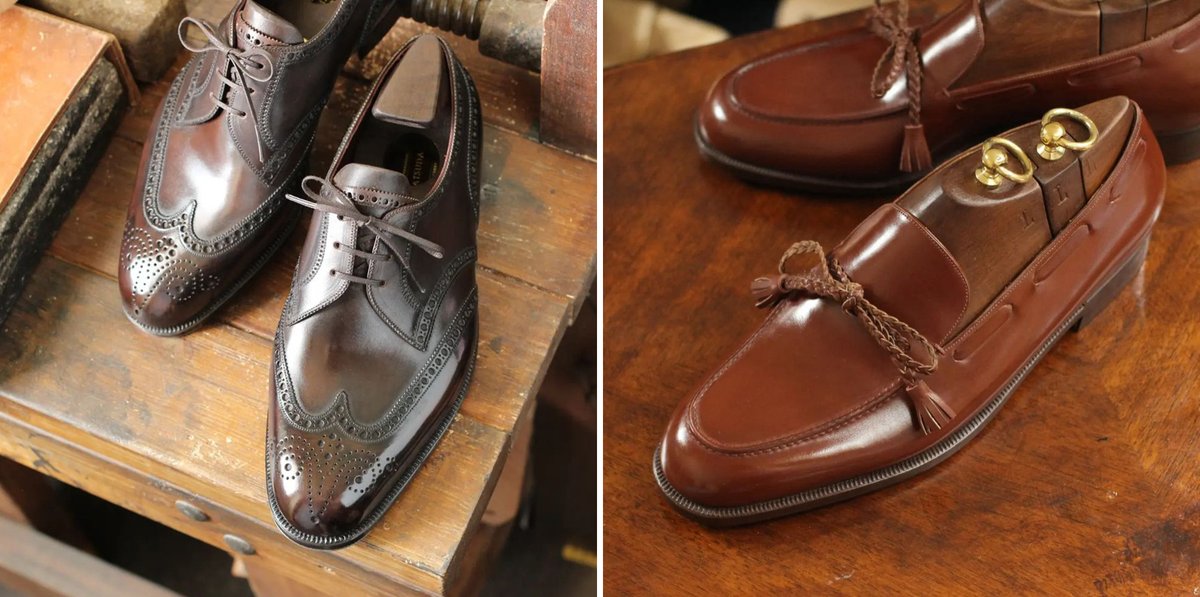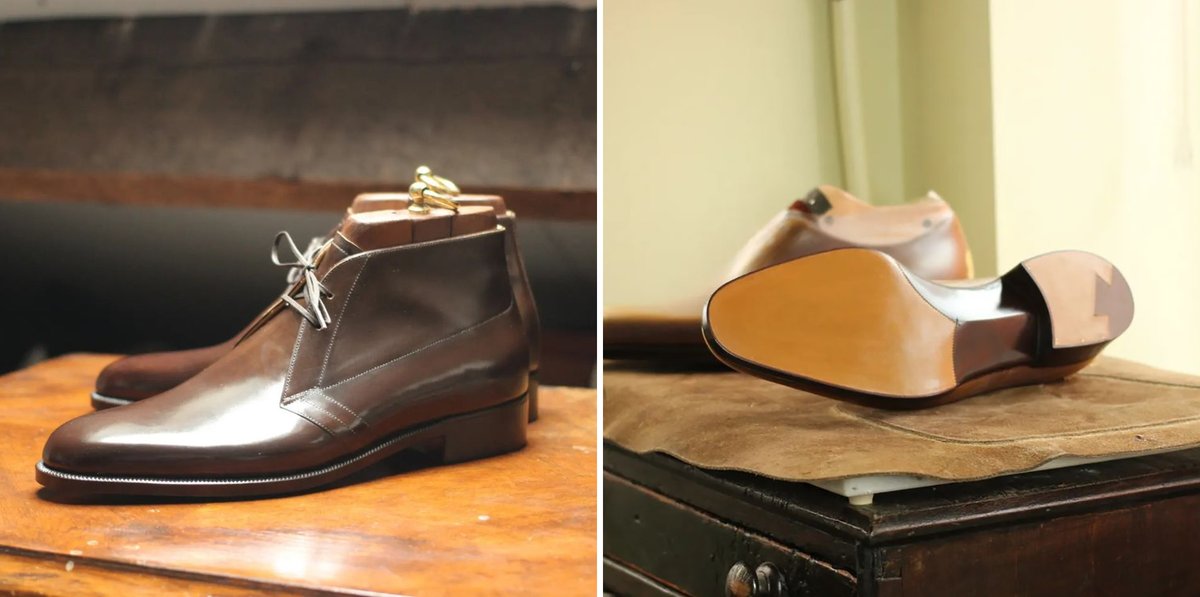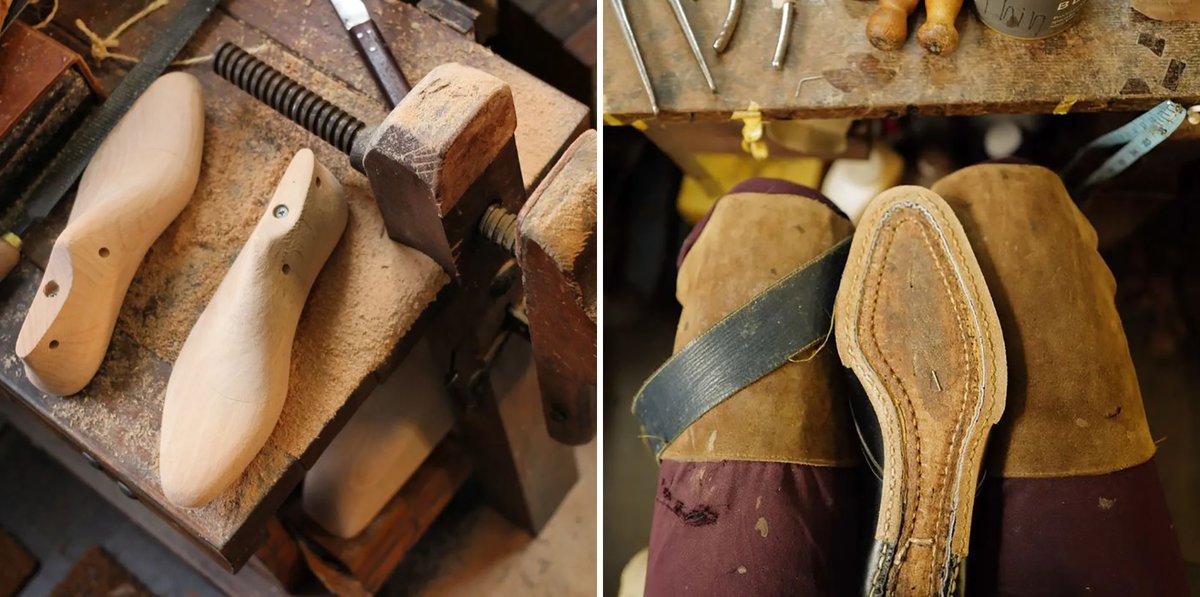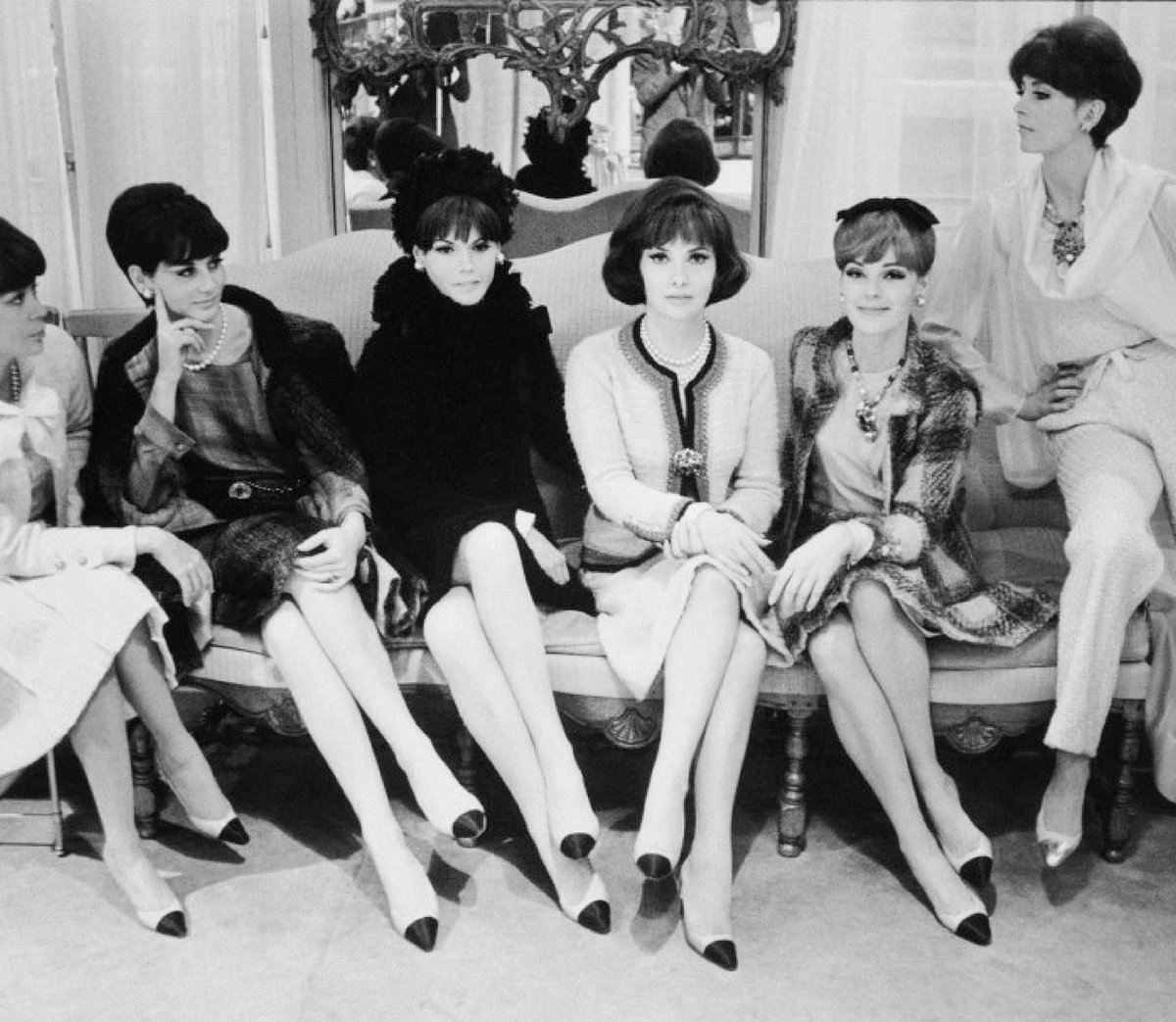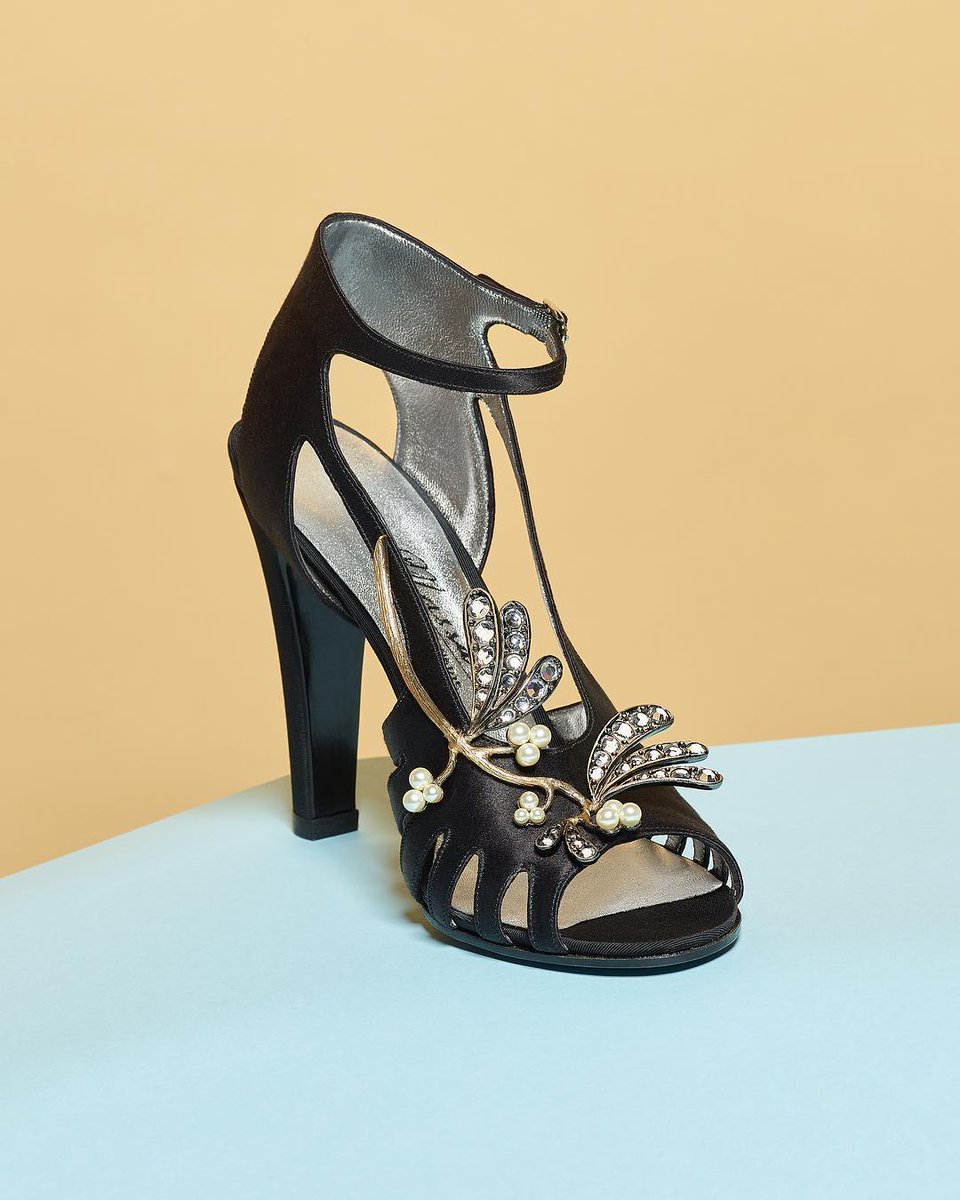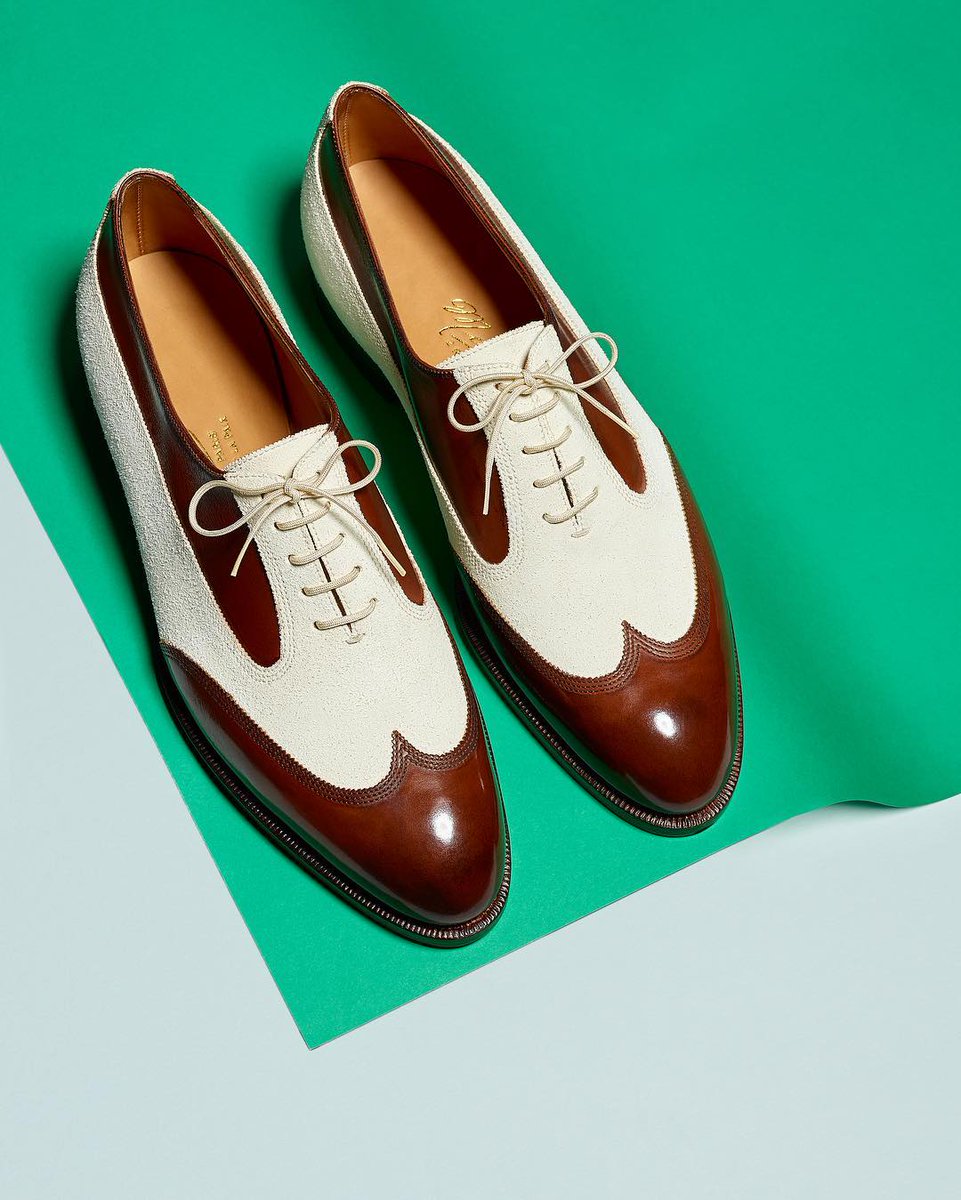CREATING HARMONY IN AN OUTFIT
Want to do a quick thread about harmony bc I feel like this concept is useful in answering a lot of style-related questions: can you wear sneakers with a suit? Can you go sockless? What color shoes go with what? Etc. 🧵
Want to do a quick thread about harmony bc I feel like this concept is useful in answering a lot of style-related questions: can you wear sneakers with a suit? Can you go sockless? What color shoes go with what? Etc. 🧵
https://twitter.com/SneakerPhetish/status/1628492861372084228
First, what is harmony? Harmony is the idea that each part of your outfit works in concert with each other, creating a pleasing whole. A Chicago tailor once explained this to me as, "you don't want distracting elements in your outfit, as this detracts from you as a wearer."
1. Harmony in Formality
Let's run through the different types of harmony, starting with formality. Each element in your outfit should harmonize in terms of formality, going from the top of your head to your toes. Let's start with sneakers and suits.
Let's run through the different types of harmony, starting with formality. Each element in your outfit should harmonize in terms of formality, going from the top of your head to your toes. Let's start with sneakers and suits.
When people ask if they can wear sneakers with suits, they are often talking about the dark worsted wool suit bc that's what they see in stores. This looks awful to me bc your eyes are immediately drawn downward, taking attention away from the wearer. Shoes become a gimmick 

But not all suits are dark worsted business suits. They can be casual by virtue of their color or material (e.g. linen, cotton, or seersucker instead of dark wool). In this way, the formality of the suit and shoes are closer to each other, so nothing stands out. There is harmony 

We also see this with tailoring + jeans. This outfit is awful: jeans worn with a white dress shirt, shiny tie, and suit jacket. There's a big disconnect btw the top and bottom halves of the outfit, it looks like he spilled something on his suit pants and changed out of them. 

If u wear tailoring with denim, choose a sport coat, not a suit jacket. Jacket material should be casual: cotton, linen, tweed, or corduroy (tweed is easiest bc texture makes it obvs casual). Ditch the tie; choose a slightly more casual shirt. Now you've bridged gap in formality 







Same with this question about whether you can go sockless. Don't wear a dark business suit without socks, esp if you're also wearing dress shoes. But if you're wearing a casual suit (e.g. cotton or corduroy in casual colors like brown), you can go sockless just fine. 



2. Harmony in Color
Harmony is also important in terms of color. Bright or unusually colored shoes should not be worn with dark suits bc they drag the eye downward. The shoe color should support the outfit to create a pleasing whole.

Harmony is also important in terms of color. Bright or unusually colored shoes should not be worn with dark suits bc they drag the eye downward. The shoe color should support the outfit to create a pleasing whole.


I once mentioned this on a blog, and a reader went out and bought navy shoes to wear with his navy suits, which was 😔. Color theory here is about social practices, not the color wheel. Navy shoes stick out bc they're socially unusual.
If you have tan shoes, pair them with outfits where they don't feel like the center of attention. They can be worn with lighter-colored suits or sport coats, esp in the summertime. This is basically like wearing a grey suit with mid-brown shoes, but lightened a few shades overall 





3. Harmony in Silhouette
There's also harmony in silhouette. This photo of John Tory made the rounds a couple of weeks ago because the disjunction between the top and lower halves of his silhouette are so striking (he's also wearing sneakers with a business suit, also bad)
There's also harmony in silhouette. This photo of John Tory made the rounds a couple of weeks ago because the disjunction between the top and lower halves of his silhouette are so striking (he's also wearing sneakers with a business suit, also bad)

Whether you're wearing a suit or sport coat + odd trousers, there should be some relationship between the top and bottom halves of your silhouette, so you're not broken into two jarring blocks. See the difference between President Hollande and Emperor Akihito here. 

Many men will (reasonably) not want to wear pants as full as Akihito's. That's fine. But just make sure there's some harmony between your jacket and pants. The lines should flow smoothly, esp when viewed from the side. 

4. Breaking the Rules
There are many instances where someone breaks these "rules" but still looks great. This can be an army field jacket over a tweed sport coat or an unexpected pair of bright red sneakers with a tailored summer outfit.

There are many instances where someone breaks these "rules" but still looks great. This can be an army field jacket over a tweed sport coat or an unexpected pair of bright red sneakers with a tailored summer outfit.


I think of clothing as language, not like throwing paint on canvas. There are general "rules" around grammar, but some people also write beautifully and creatively, while breaking rules. This doesn't mean language doesn't have "rules." Important thing is learning the language
The idea of harmony should be a starting point to help you understand when an outfit works and why, but also keep an eye out for outliers and appreciate how some people still make things work, despite not following those rules.
IMO, you're always safer off aiming for harmony: harmonizing between levels of formality, (social rules) around color, and silhouettes. Make sure each piece works as part of a coherent outfit and no single piece sticks out.
whoops, this tweet should say "cotton or linen," not "cotton or corduroy." I think going sockless with a corduroy suit would be weird since it's a fall/winter material. but not going to pay $8/month to edit this tweet.
https://twitter.com/dieworkwear/status/1628544438489464832
• • •
Missing some Tweet in this thread? You can try to
force a refresh



